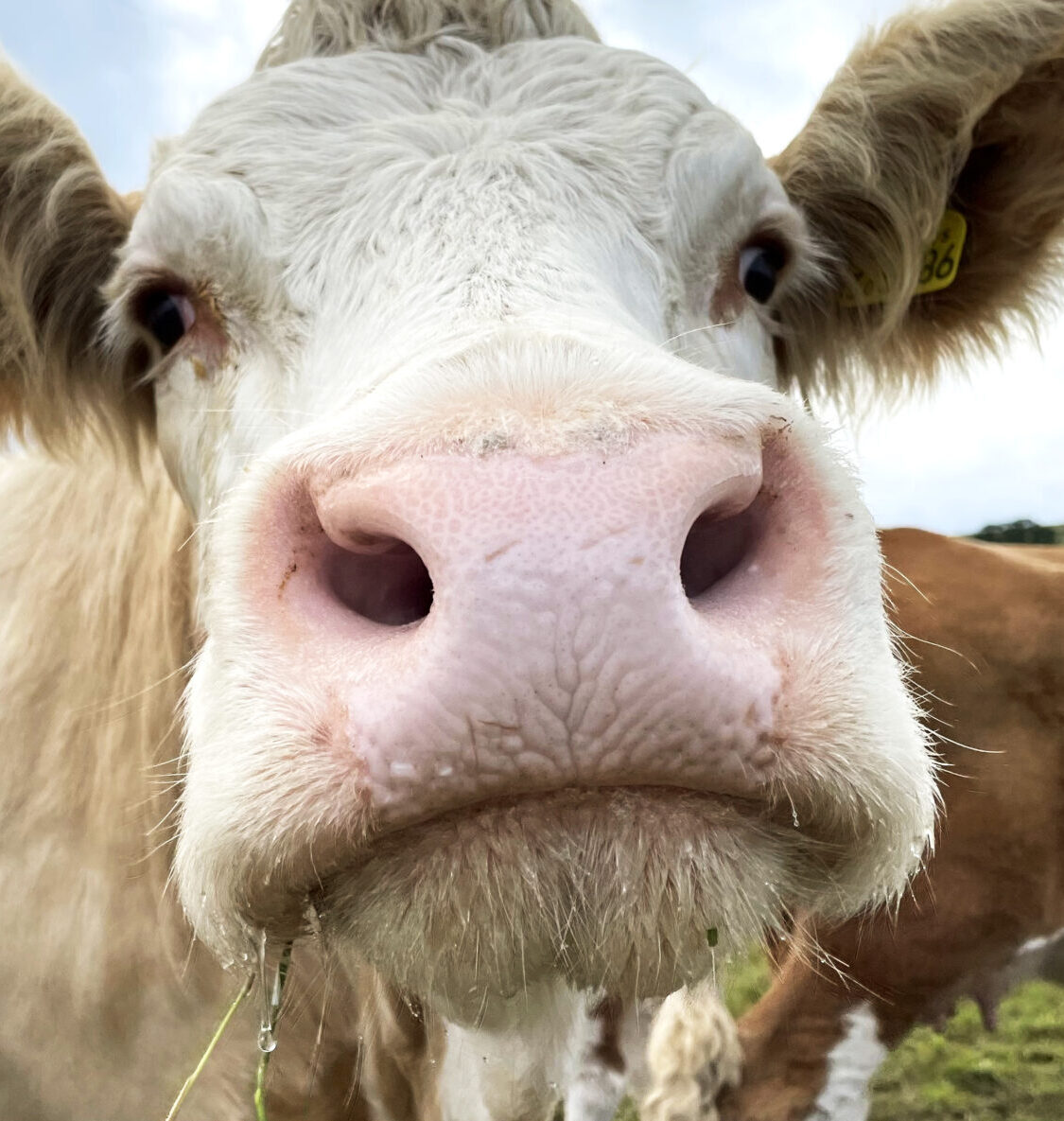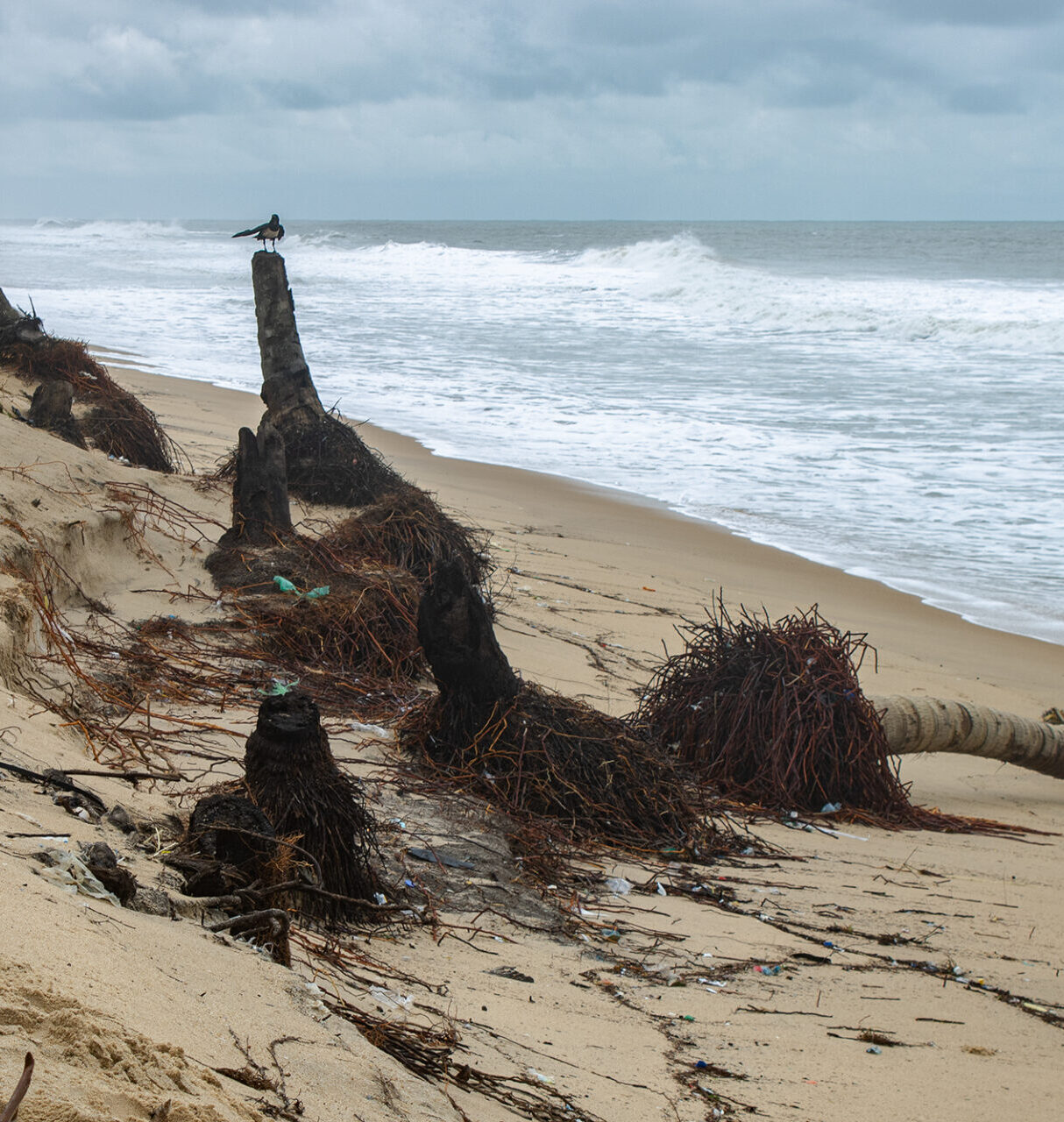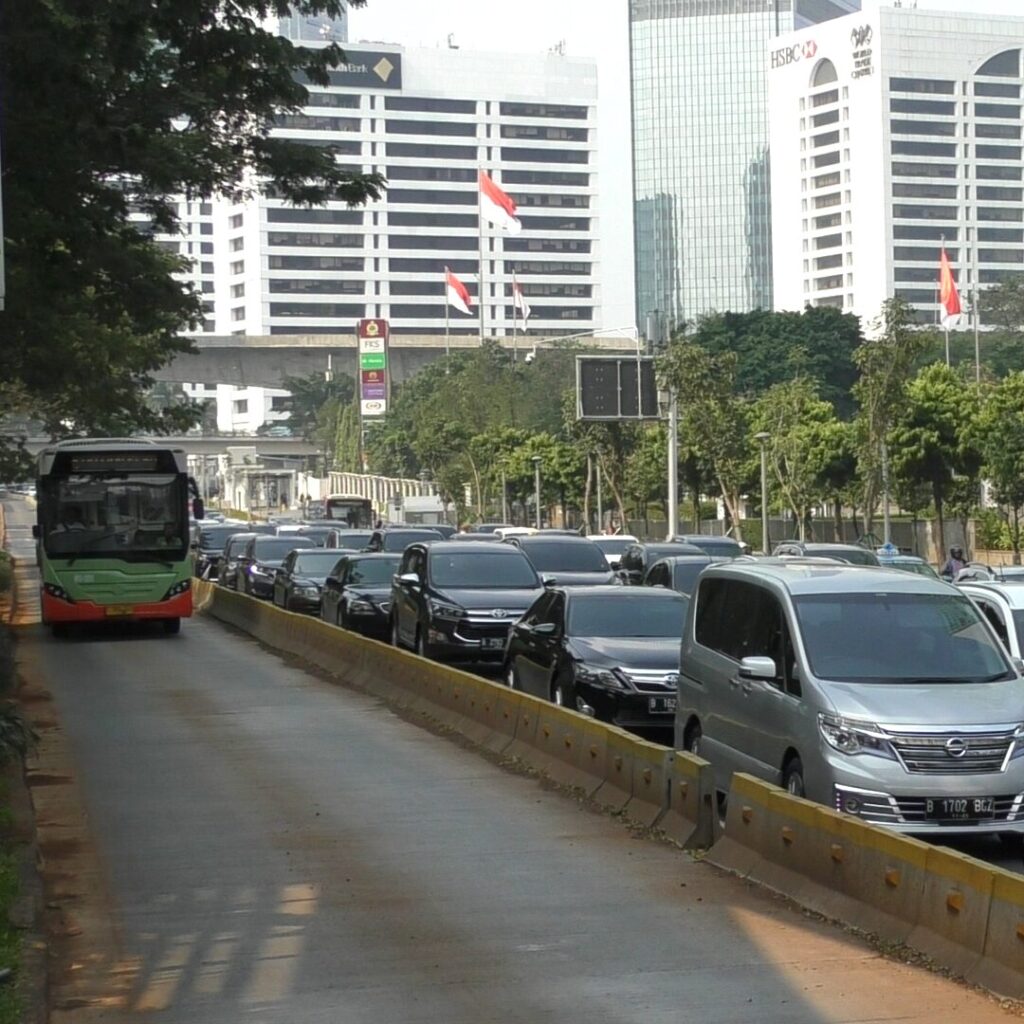
Urban Mobility and Climate Change
In Global South megacities, on-demand ride apps are booming, urban settlements are expanding, and local vehicle manufacturing is taking off – setting up possibly long-lasting mobility habits. As a surge of private motorized transport is coupled with traffic congestion and local air pollution, planners are struggling to regulate and provide adequate public transportation.
This research cluster marshals experts from urban planning, public policy, economics, computer science, and atmospheric chemistry. They will examine how to optimize public transportation and electrify super polluters like two-stroke motorcycle engines; measure and reduce co-pollutants; and propose adaptation strategies to climate shocks such as flooding, heat, and storms. Already, they are collaborating with policymakers in Indonesia and Uganda to test and scale their proposals.
The project will also build the intellectual infrastructure to jump-start related research: With Salata Institute funds, the cluster will purchase mobility data covering millions of individuals globally with precise temporal and spatial resolution.
Summary
Urban mobility and climate change are intertwined. Transportation is the fourth-largest and fastest growing sector of greenhouse gas emissions (Dhakal et al. 2022). Private vehicle use is growing fastest in the Global South, where on-demand ride apps are booming, megacities are sprawling, and local vehicle manufacturing is taking off. This surge of private motorized transport is coupled with traffic congestion and local air pollution, with potentially disastrous effects on human health. Cities are also affected by increasingly common climate-related shocks. Extreme weather like heat waves and flooding likely disrupts people’s ability to move, disconnecting urban residents from the opportunities around them. With over 1.66 billion people living in cities in developing countries with over 1 million residents (World Bank 2024), figuring out sustainable urban mobility has enormous potential to abate GHG pollution and improve lives.
The Urban Mobility and Climate Change cluster forges deep, interdisciplinary academic collaboration, including fields like urban planning, public policy, economics, computer science, and atmospheric chemistry. We work with local policymakers to better diagnose challenges and create policy innovations on an accelerated timeline, focusing on three themes for research and policy engagement:
- Improve and Decarbonize Urban Transport – Innovate and test strategies to decarbonize urban transport in developing countries while maintaining high levels of mobility, for example, through improving existing urban transport systems, reducing congestion, or laying the groundwork for electric vehicles
- Measure and Reduce Co-Pollutants – Measure the GHG and air pollution effects of urban transport, especially from common or growing modes
- Understand and Adapt to Climate Shocks – Quantify the impact of climate change and climate-induced shocks on urban mobility; propose and evaluate adaptations
We work on these issues first by building a community of innovators and implementers. Our cluster brings together top researchers and urban policymakers to catalyze collaboration and exchange knowledge. We also facilitate access to key datasets on urban mobility. This helps researchers and policymakers leverage the vast amounts of data created every day by cell phones or other technologies to quickly find optimal solutions to the complex problems in urban transportation and climate adaptation. The experienced researchers in our cluster are rapidly deploying high-impact projects to optimize public transport, measure emissions, and measure climate shock impacts on urban mobility. Furthermore, we are raising up the next generation of researchers, helping them leverage the cluster’s community and resources to develop innovative and policy-relevant research in sustainable urban mobility.

Rema Hanna

Gabriel Kreindler

Edward Glaeser
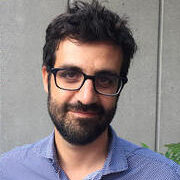
Bruno Carvalho

Yannai Gonczarowski

Ariel Proccacia

Carole Voulgaris

Clare Balboni

Arya Gaduh

Allan Hsiao

Tamara Kerzhner

Thomas Lauvaux

Melanie Morten

Ben Olken

Jeanne Sorin

Nick Tsivanidis
Highlighted Event
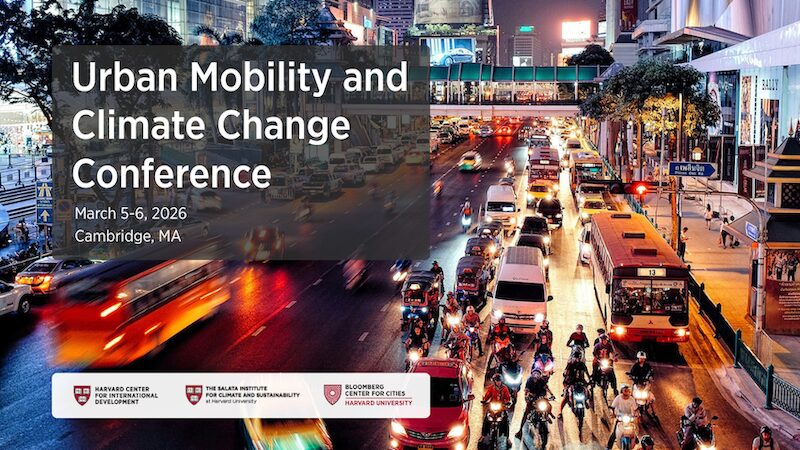
Highlighted News
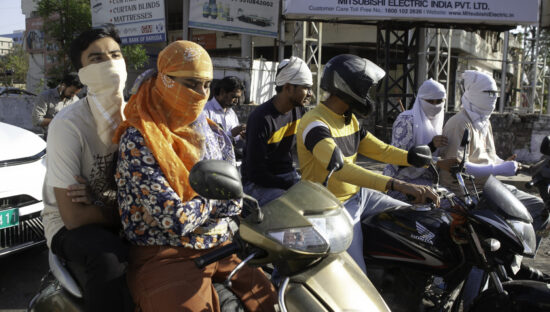
New global mobility data now available for Harvard research
start your Research Initiative
With the Salata Institute for Climate and Sustainability, Harvard University is mobilizing to meet the global climate challenge.

